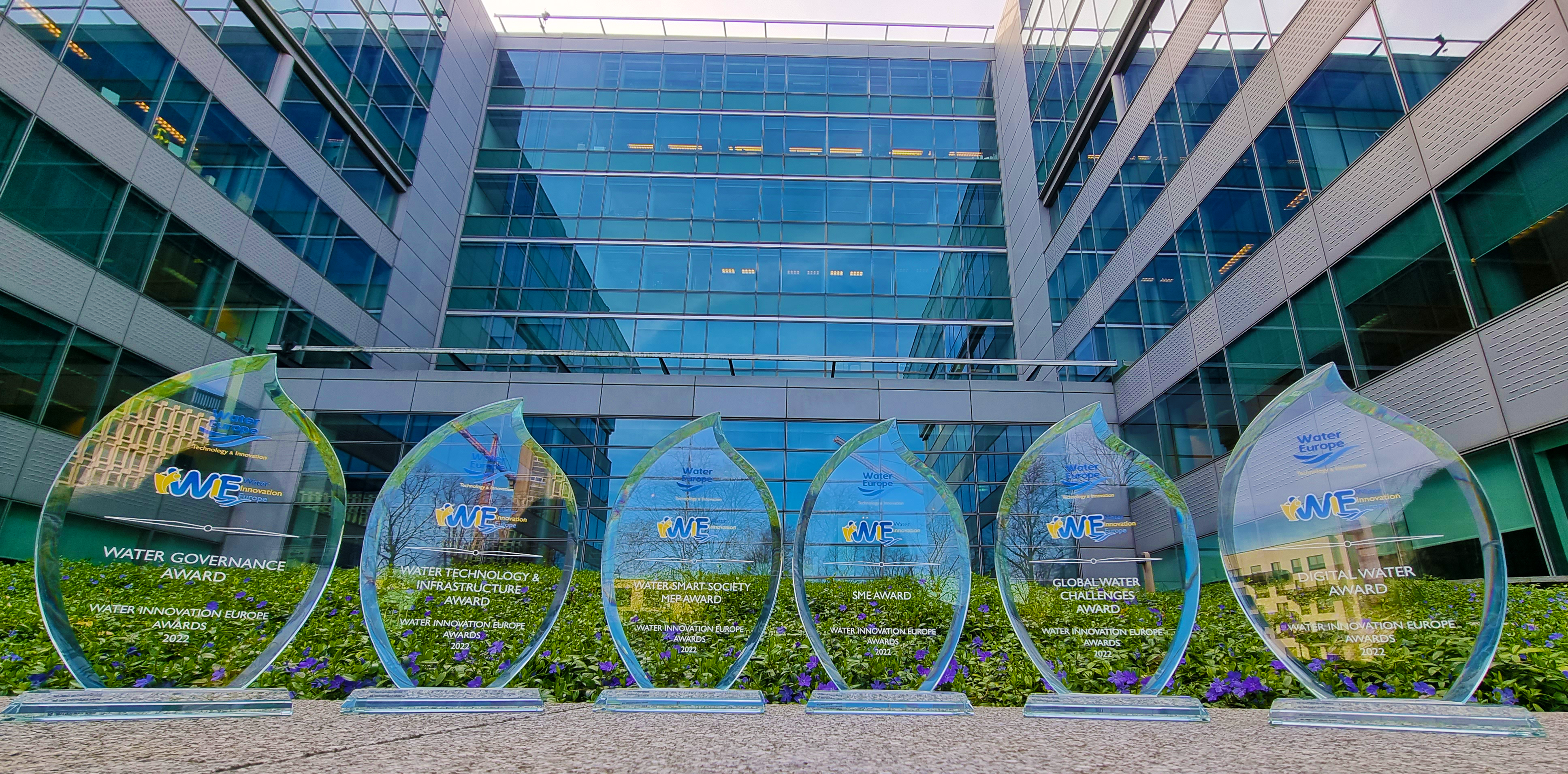The European Commission recently published the final report showing how to set up and implement carbon farming in the EU. The study “Technical Guidance Handbook – setting up and implementing result-based carbon farming mechanisms in the EU”, carried out from 2018 to 2020, explored key issues, challenges, trade-offs and design options to develop carbon farming.
Carbon farming is a name for a variety of agricultural methods aimed at sequestering atmospheric carbon into the soil and in crop roots, wood and leaves. The study reviewed existing schemes that reward climate-related benefits in five promising areas: peatland restoration and rewetting; agroforestry; maintaining and enhancing soil organic carbon (SOC) on mineral soils; managing SOC on grasslands; and livestock farm carbon audit. It also explored how a widespread adoption of carbon farming can be triggered in the EU.
The study concludes that result-based carbon farming can contribute significantly in the EU’s efforts to tackle climate change, bringing benefits in terms of carbon sequestration and storage and other co-benefits, such as increased biodiversity and preservation of eco-systems (eg water quality and biodiversity).
Nature-based solutions that remove carbon from the atmosphere can help the EU achieve climate neutrality and should therefore be rewarded. Therefore, as announced in the Farm to Fork Strategy, the Commission will promote carbon farming as a new green business model that creates a new source of income for actors in the bioeconomy, based on the climate benefits they provide. The Commission plans to publish a Communication setting out an action plan for both initiatives by the end of 2021.
Carbon farming can be promoted via EU and national policies and private initiatives. This new type of financial support will create a new source of income for land managers. Member States will be able to accelerate the roll-out of carbon farming practices in the context of the Common Agricultural Policy (CAP), for instance via eco-schemes or rural development support, and through State aid. The Commission is furthermore organising a workshop on 25 May to help Member States design carbon farming schemes in their CAP Strategic Plans. The initiative is planned to be launched by the end of 2021.



